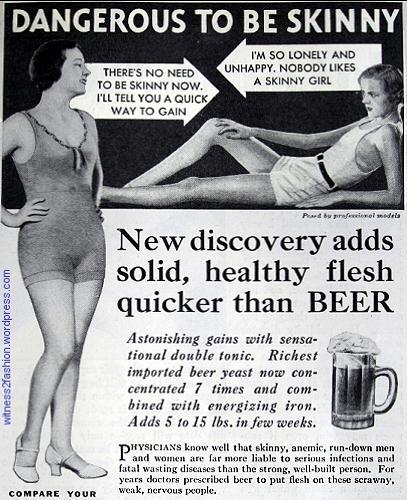judi
Member
I know this thread isn't exactly current but I thought I'd reply anyway, in case it's worth something.
I asked RP about my ferritin in 2009 as it was out of range (upwards), although not as high as yours, narouz.
He said:
In my case it really must have been inflammation as my CRP was also elevated at the time (about 3.9mg/L instead of below 1mg/L, which is ideal). I started drinking more coffee and supplemented with aspirin and over the next several months, my ferritin dropped by about 250 ug/L (would have to check my records for a precise number).
I asked RP about my ferritin in 2009 as it was out of range (upwards), although not as high as yours, narouz.
He said:
(a couple of studies' abstracts followed)High ferritin suggests that there's continuing inflammation. Iron and calcium interact, so it might be worth having your parathyroid hormone tested. Despite your good vitamin D, you might not be getting enough calcium in relation to phosphate, and elevated PTH can cause generalized inflammation. Safe antiinflammatory things would be aspirin, calcium carbonate, coffee especially when taken with meat or eggs, salt or baking soda, and sugar.
In the US and Canada, I have noticed that the "normal range" for prolactin has been expanded upward, after a period in the '80s when it was lowered. I think this reflects a change in the population, from estrogen and PUFA, for example, and that the lower range was better for judging health.
In my case it really must have been inflammation as my CRP was also elevated at the time (about 3.9mg/L instead of below 1mg/L, which is ideal). I started drinking more coffee and supplemented with aspirin and over the next several months, my ferritin dropped by about 250 ug/L (would have to check my records for a precise number).


